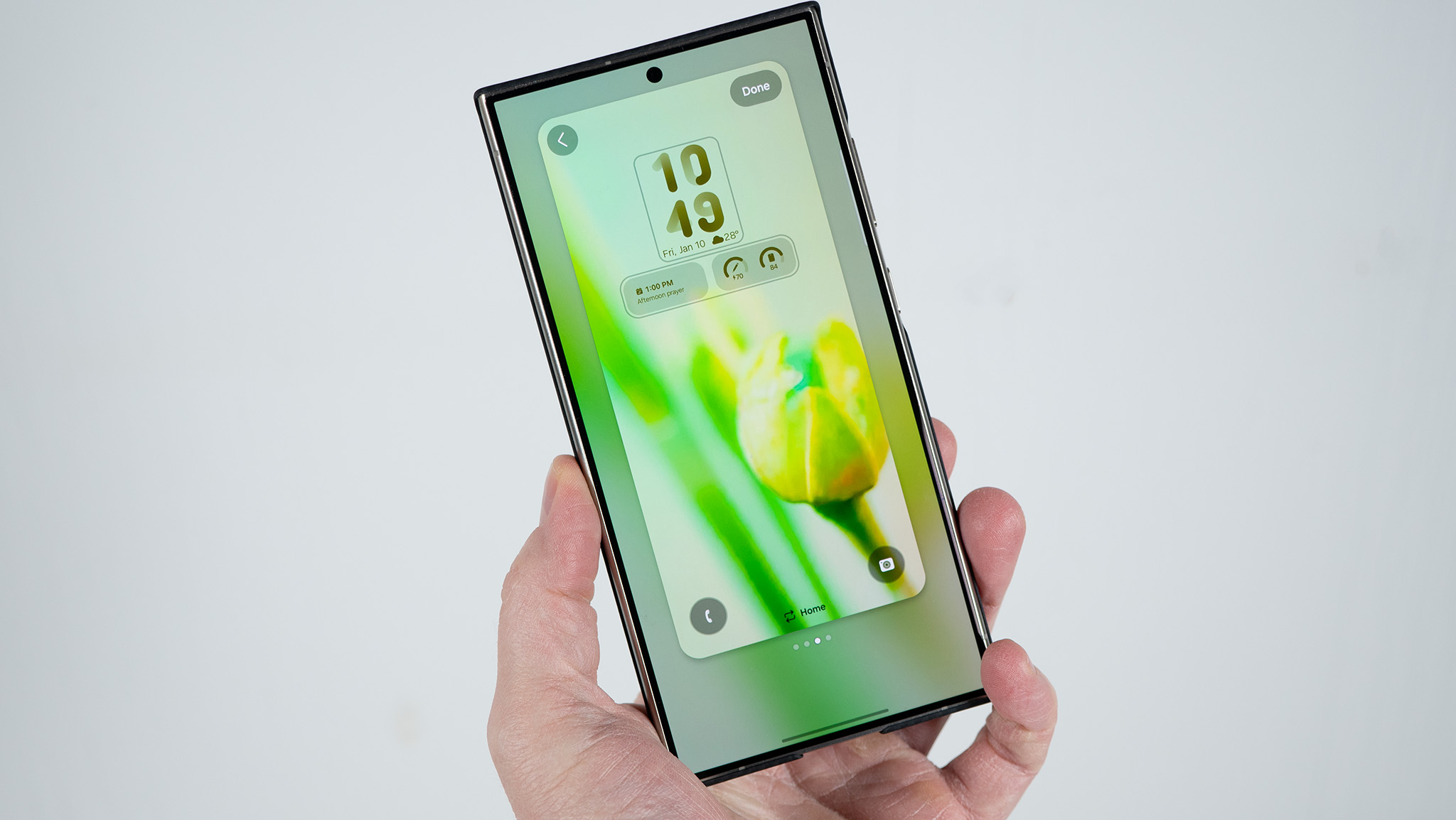I think the Galaxy Fold is worth its $2000 price, but I'm still not buying one
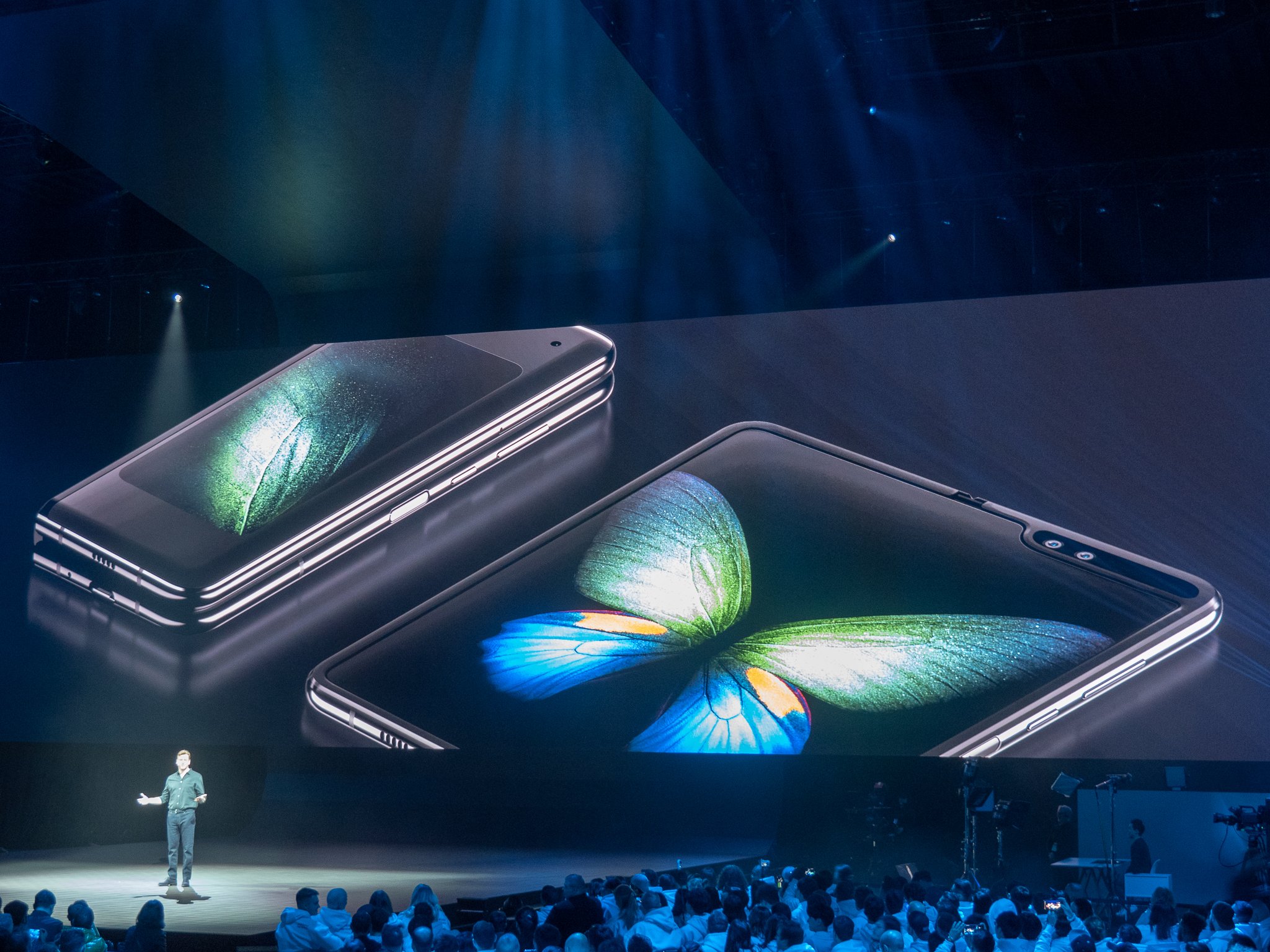
The Galaxy Fold is one of the biggest technical achievements in modern mobile computing. The form factor isn't new, but it was engineered in a way that's certainly new to the landscape of modern technology.
We've known all this time that the biggest hurdle for Samsung in creating the Galaxy Fold was to create foldable and flexible OLED displays that could be bent multiple times without degrading in quality. It took a while to reach that point but they finally did. The problem is the other bits of technology needed to make this experience something of a game changer weren't yet ready.
We needed a massive battery. There couldn't be a single millimeter of bezel separating any parts of the extended display. It had to be thin and pocketable when folded up. And none of this could be ugly, because Samsung is too big a name to be raked across the coals for amateur engineering.
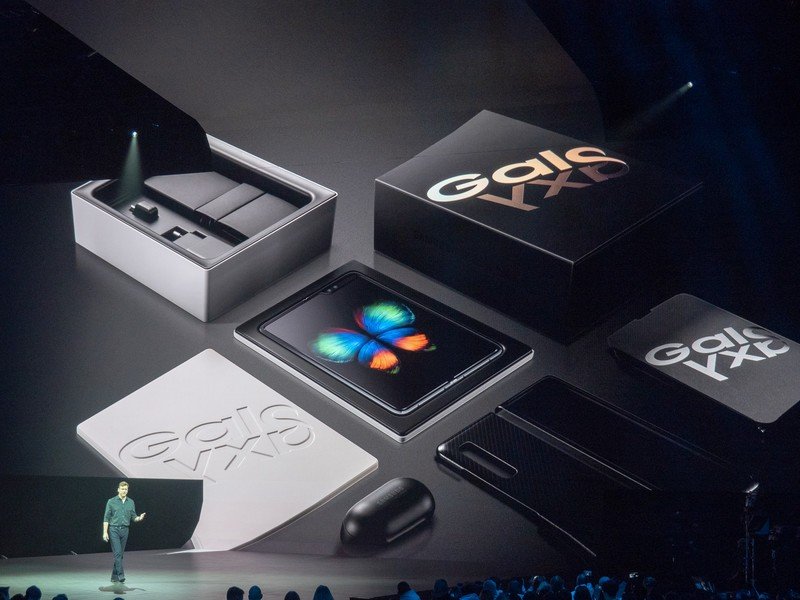
That technology is ready now, and it's on full display in the Galaxy Fold. (By the way, if you didn't happen to catch the announcement of Samsung's new toy, what are you waiting for?)
It all sounds mouth watering until you get to the price tag: $2000, give or take for tax. Samsung's new smartableputerphone (or whatever the hell we're looking to call it) costs more than some people pay for used cars. That's more than some people pay for rent and mortgage. It costs more than some people pay in medical bills.
That's not to say Samsung is unjustified in its asking price for the Galaxy Fold. The tech on display certainly can't be found anywhere else right now, nor was it likely cheap to research. But I just hate the fact that the first device in a long time that genuinely gets me excited about the future of technology is so far out of my reach.
Not many devices make me genuinely giddy. This one is different.
Obviously, I want it. It's new and fun and full of wonderful things that make me want to use it as the primary computing device in my life. I share Russell Holly's desire to get one for no reason other than the advancement of science.
Be an expert in 5 minutes
Get the latest news from Android Central, your trusted companion in the world of Android
It's taking every fiber of my being to resist buying the thing, but I simply can't allow myself to spend that much money on the unknown. And yes, the Galaxy Fold is very much the unknown.
It's the first phone in a new category that everyone is interested in. It has almost everything you could even think of and maybe has more than a mobile computing device even ever needs. But you have to think about the reality of technology and the pitfalls that come with owning a first generation device.
Samsung will make all these claims about how great the Galaxy Fold is in everything it can do, but that's its job. What Samsung won't do is admit that some aspects of the phone and user experience might not be up to their usual standards. That's not from lack of trying, but because this is the first pass at making something that feels completely new and different.
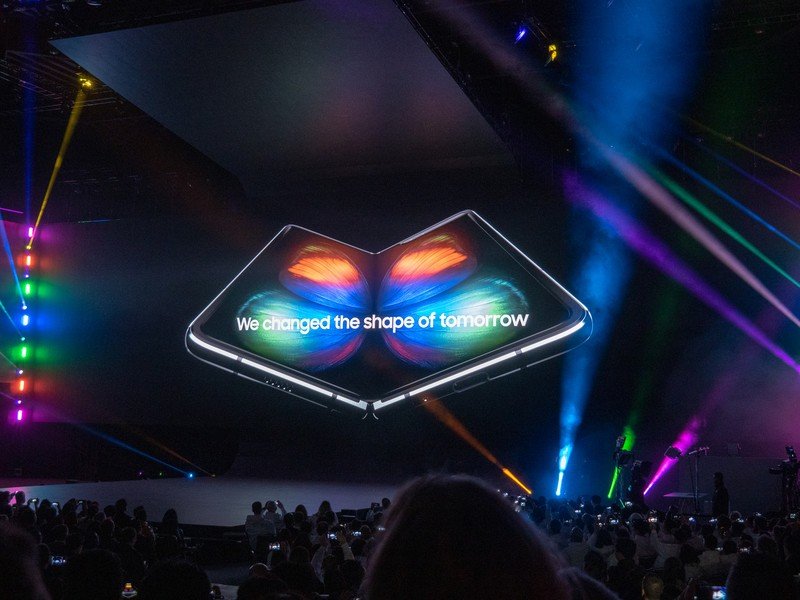
That's not to say the Galaxy Fold is guaranteed to have the issues that first-generation devices and products regularly present. We haven't even been able to test the thing yet, although we will get that chance quite soon as it's due April 26. When that day comes, I will not be joining the legion of tech enthusiasts who'll immediately fork over $2000 for it.
It's just too new right now. There's no telling what kind of bugs we'll have to deal with, whether the displays will have a negative impact on battery life, and whether Android truly plays nicely with this new form factor with minimal developer input. We don't know if that fifth or sixth camera will be as strong as the other primary options to cover all your photo and video needs. We don't know how solid the hinge mechanism is, so we have to worry about whether prolonged usage of the Galaxy Fold will make it lose friction over time.
I can't say any of these things for certain because I have not touched the device, but that's the point — I can't pay $2000 for something unproven. Even if I did have the money, my principles simply won't allow it. And even after the evaluation period is over, there's no guarantee I'll be compelled enough to forego basic human needs and my own personal pleasures for a couple of months to have it.
Just wait. The Galaxy Fold will get better and cheaper.
Instead of thinking about the downsides of buying the Galaxy Fold or any other new first-generation device, I like to think about the positives of being patient. Generally speaking, technology gets better and cheaper as time goes on. These benefits might even pass on to the Galaxy Fold before a follow-up is even conceived as it could result in periodic price cuts as time goes on.
But more importantly, it will allow Samsung to work out the kinks and discover new breakthroughs in both the component and manufacturing technologies to make the second device way better. Even without using it yet, I can tell that it definitely has to get sleeker when folded up, and that phone-mode display might be a bit too narrow for my liking. Other potential quirks will take more time to surface.
We've seen it before in the Galaxy S6. While not a bad phone (in fact, it was quite good), Samsung could have done better. The first iteration in this new design language brought us a device with no water resistance, no microSD slot, and a few other niggles that were hard to forgive at the time. It only took until the third device in that very family of phones — the Galaxy S6 edge — to see some improvement and even a new trick in the now-standard curved display. The Galaxy S7 was a much more complete device, and then Samsung caught its stride with the Galaxy S8.
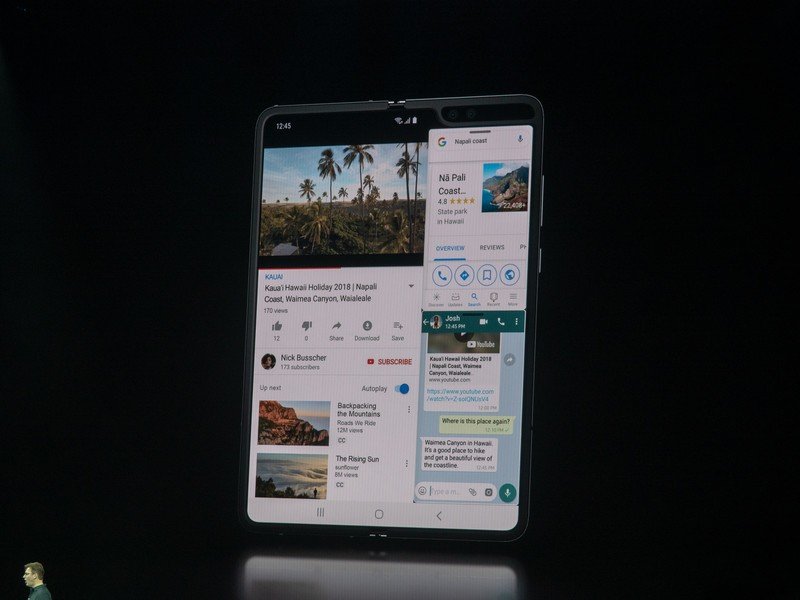
Even in Samsung's own recent history, we can see that it was wise to wait even just one year before jumping into the new hotness. The cost of technology came down and Samsung's manufacturing expertise kept increasing, making for a situation where devices were getting much better without massive hikes in the price tag. Plus, Samsung took care to address common pain points from the first attempt and used critic and user feedback to shape its next masterpiece.
I contend that the Samsung Galaxy Fold is a pure wanderlust device along the same ilk of Google Glass and Waymo's self-driving cars. It's for those so bored with current tech that they'll pay anything to get it. It's Samsung teasing the future while gaining valuable feedback on how to improve this technology and steer this from being just a form factor into a game-changing X-factor.
I wouldn't even be surprised if Samsung's initial production run for this thing was just a mere 10,000 units; even it has to admit that most consumers will not be interested in paying $2,000 for something we're not sure adds enough meaningful utility to the mobile computing experience.
Do we even need 12GB of RAM? Does anyone really want their tablet and phone to be the same device? And who the hell actually needs 1TB of storage on their phone? Those questions and more will be answered in the weeks to come. But for now, I'm not jumping into the Fold just yet, and I have a strong feeling I'm not alone.
The best places to buy the Galaxy S10 on Day One

